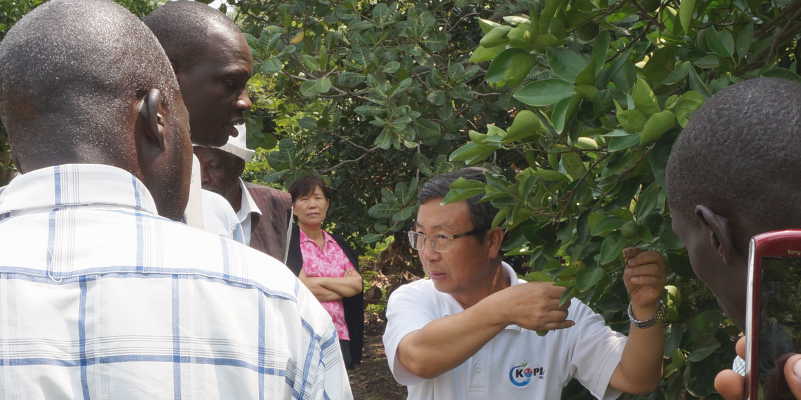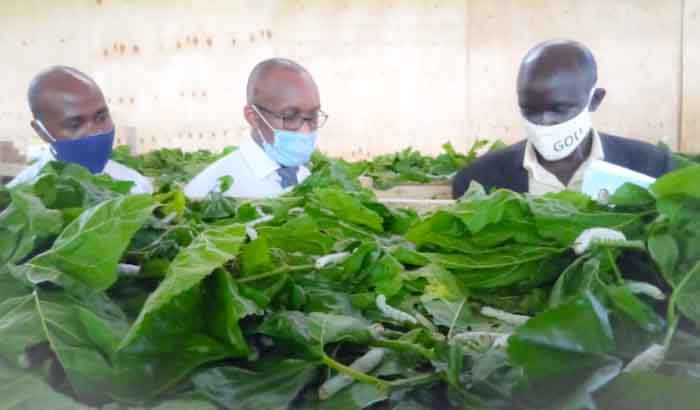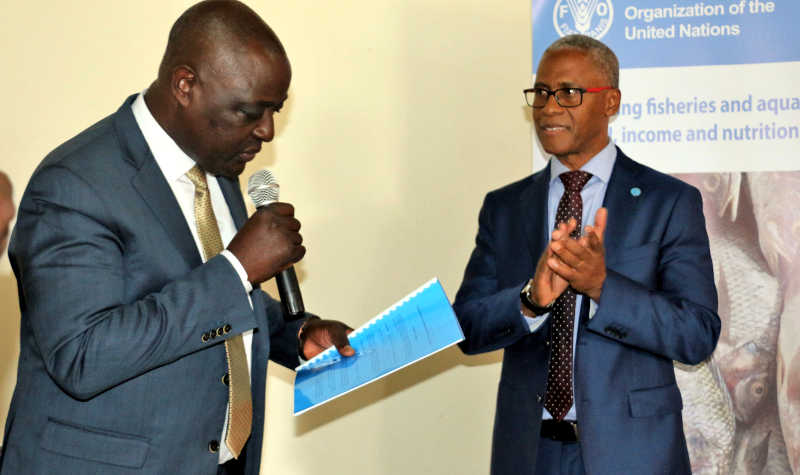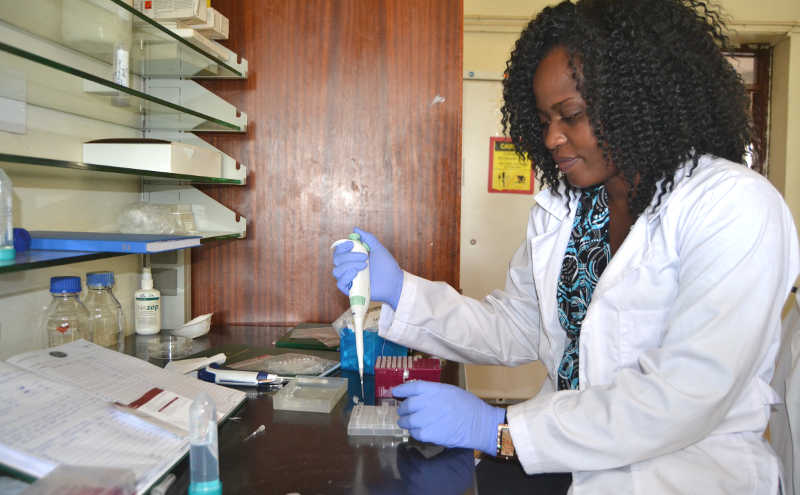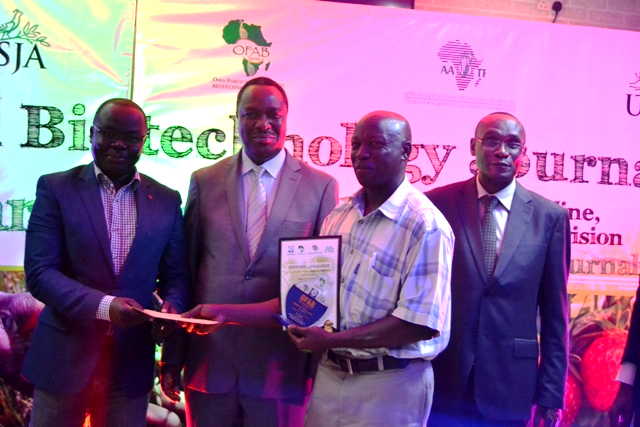The potential of orange farming in Uganda is huge, costing farmers huge sums of money in pesticides and lost incomes.
Thanks however to support from Korea Programme on International Agriculture (KOPIA) and experts from the National Agricultural Research Organization (NARO) efforts are underway to help farmers manage the diseases which is considered a vital step in reviving orange production in the country.
According to findings by NARO researchers among farmers of citrus commonly known as oranges in Teso sub-region which is Uganda’s biggest citrus producing region, fungal and viral infections are the biggest challenge for farmers.
During the course of the programme, NARO experts have identified Pseudocercospora fruit and leaf spot, Citrus black spot, Alternaria brown spot, greasy spot and Gummosis as the most serious diseases affecting citrus orchards.
More recent reports also indicate that the crop has been attacked by newer diseases such as the sweet orange scab that multiply during dry spells.
Kopia’s partnership with NARO through a three year programme is helping to sensitize farmers on how to raise orchards in a profitable and sustainable way through better management of diseases and teaching better agronomic practices.
Officials from KOPIA’s parent agency, the Rural Development Agency (RDA) from Korea recently visited citrus farmers in Soroti and Ngora districts where they offered handy advice to farmers with the view to helping them cut costs.
In view of the increasing disease burden, Dr. Hyun Jaewook, an expert in citrus farming from Korea’s RDA offered a number of solutions to the farmers particularly on how to develop fungicides locally and how to apply them.
The NARO-KOPIA team advised farmers that in order to reduce expenses, they could make their own fungicides and use them in combination with other pesticides.
Dr. Jaewook advised farmers to ensure that the citrus fruits are prunned and kept fairly short so as to make them easily manageable through spraying and harvesting.
“The spacing of trees should be narrowed and tree length shortened, this eases management practices like chemical application and harvesting,” said Dr. Jaewook.
After topping and pruning, the expert advised farmers to spray the crops with a dense mixture of Copper oxchloride (mixed with mancozeb to increase its potency), tubuconazole, carbendazim or an alternation of the three. Mancozeb is a common fungicide used by tomato farmers.
Although Dr. Jaewook advised citrus farmers to soak the fruit trees completely with the fungicides as a preventive mechanism against further infections, he advised farmers to always read the user manuals to avoid scorching the trees if excess volumes of fungicides are applied.
Meanwhile, KOPIA and NARO’s work on disease management in Citrus orchards is considered vital preparatory work ahead of the proposed construction of a multi-billion citrus processing plant in Soroti planned by the government of South Korea.
In September 2014, President Yoweri Museveni broke the ground for the construction of the US$7.4 plant that is being funded by the government of South Korea. The government of Uganda provided land, water, electricity and tarmac roads as its contribution towards the project.

